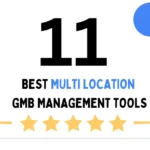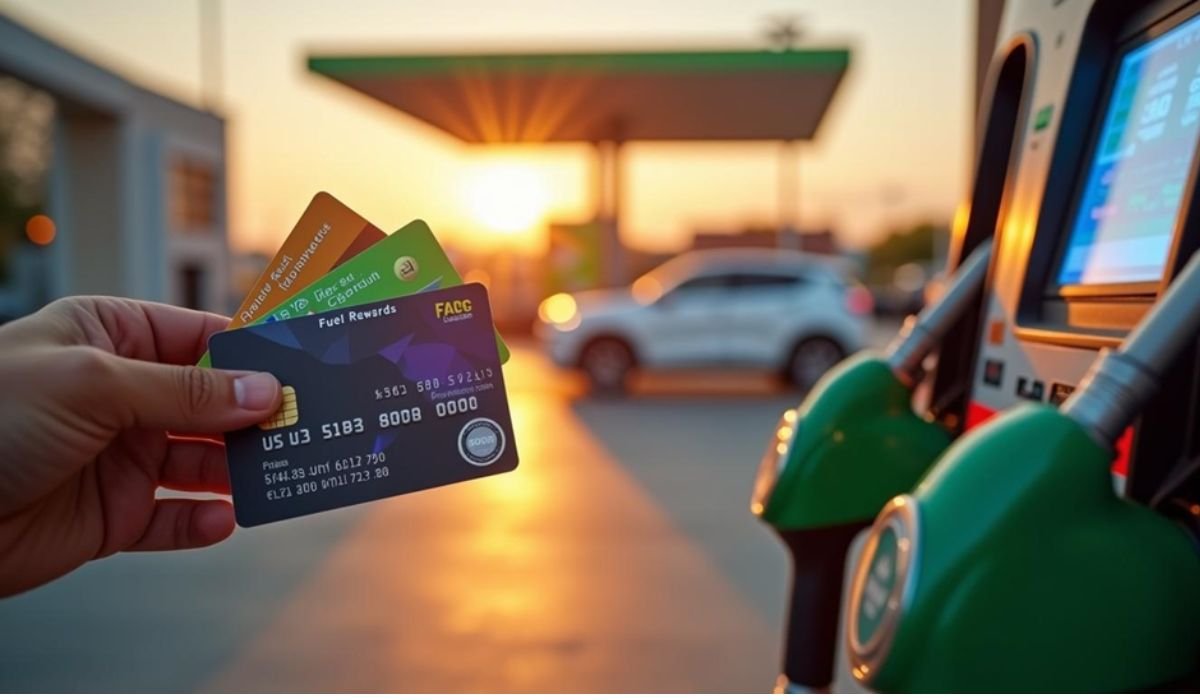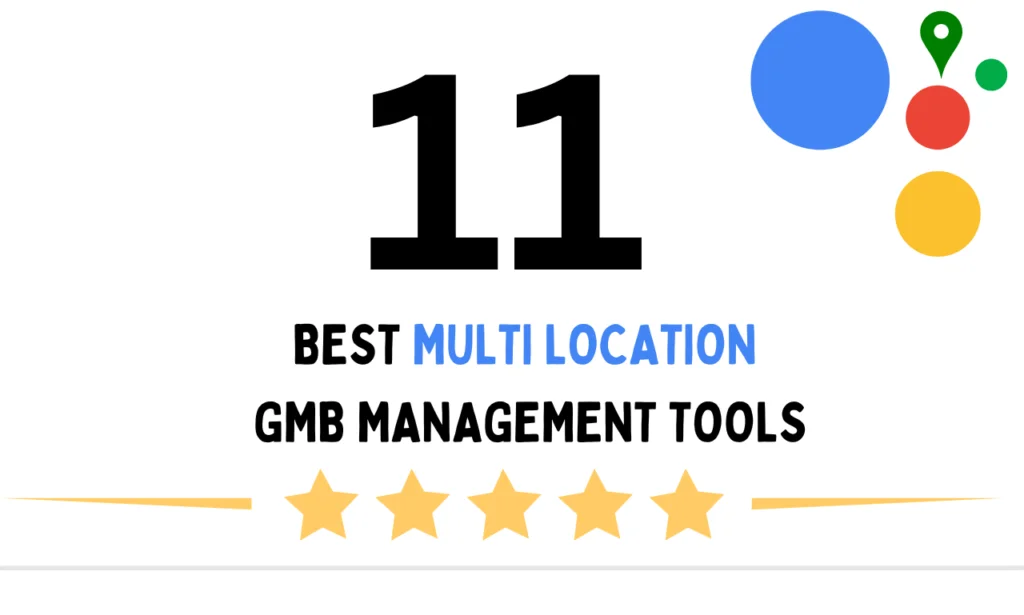Best Gas Cards for Maximum Fuel Savings and Rewards
Gas cards offer substantial fuel savings through rewards programs, cashback incentives, and exclusive discounts at participating stations across extensive networks. Chevron, Shell fuel cards, and Sunoco fleet fuel solutions provide specialized credit cards designed specifically for drivers who want to maximize their benefits at the pump while managing their fuel expenses effectively. These cards combine traditional credit card features with targeted rewards for gas purchases, often earning 3-5% cashback or equivalent points on every gallon purchased.
The current market features over 50 different gas cards from various issuers, each with unique rewards structures, acceptance networks, and eligibility requirements. Understanding the differences between general rewards credit cards with gas benefits and dedicated fuel cards helps consumers choose the right payment method for their driving habits and credit score requirements.
How Gas Cards Generate Savings Through Strategic Purchases
Gas cards transform routine fuel purchases into opportunities for earning rewards through sophisticated loyalty programs integrated directly into the card’s benefits structure. Most cards offer tiered rewards systems where gas station purchases earn higher percentages than other categories, with some cards providing up to 5% cashback at specific station brands or 3% at all gas stations nationwide.
The savings mechanism works through immediate statement credits or points accumulation that can be redeemed for future fuel purchases, gift cards, or merchandise. Premium cards often include quarterly rotating categories that boost earnings potential, while basic cards maintain consistent rewards rates year-round without requiring activation or tracking spending limits.
Business gas cards add another dimension to fuel savings by providing detailed expense tracking, customizable spending limits for multiple drivers, and consolidated billing that simplifies accounting processes. These specialized products help companies manage fleet expenses while earning rewards on thousands of dollars in monthly fuel transactions.
Understanding Credit Requirements and Application Approval Process
Credit score requirements for gas cards vary significantly based on the issuer and card type, with options available for applicants across the credit spectrum. Premium rewards cards typically require good to excellent credit (670+ FICO score), while secured cards and prepaid options provide alternatives for those building or rebuilding credit.
The application process involves standard credit card procedures including identity verification, income documentation, and credit bureau inquiries. Approval decisions often occur within minutes for online applications, though some issuers may require additional verification for security purposes. Understanding these requirements helps applicants select cards matching their credit profile, increasing approval likelihood while avoiding unnecessary hard inquiries.
Maximizing Points and Cashback Benefits Across Station Networks
Strategic use of gas cards involves understanding how different rewards structures align with individual spending patterns and preferred station locations. Cards offering flat-rate cashback provide consistency and simplicity, while tiered programs reward loyalty to specific brands with enhanced earnings potential. Some cards feature rotating quarterly bonuses that can increase rewards to 5% at gas stations during promotional periods.
Stacking opportunities multiply savings when combining credit card rewards with station-specific loyalty programs and mobile app offers. Many stations operate independent loyalty programs that provide additional discounts when linked to payment methods, creating compound savings on every transaction. Smart consumers leverage these multiple programs simultaneously, earning both credit card rewards and station loyalty points on single purchases.
Geographic considerations influence card selection as station availability varies significantly across regions. National chains like Shell, Exxon, and BP maintain extensive U.S. networks, while regional brands dominate specific markets. Selecting cards accepted at convenient locations ensures maximum utility and prevents situations where preferred stations don’t accept specific branded cards.
Essential Card Features Beyond Basic Fuel Discounts
Modern gas cards incorporate comprehensive benefits extending beyond simple fuel discounts, including purchase protection, extended warranties, and travel insurance. These additional features add substantial value for cardholders who understand how to utilize them effectively. Premium cards often include roadside assistance, rental car insurance, and emergency card replacement services particularly valuable for frequent travelers.
Security features protect against fraud through real-time transaction monitoring, zero liability policies, and instant purchase notifications via mobile apps. Advanced encryption and tokenization technologies secure payment information during transactions, while customizable alerts help cardholders track spending and identify unauthorized charges immediately.
Digital integration through issuer apps enables instant access to account information, payment scheduling, and rewards redemption from mobile devices. These apps often include station locators showing nearby participating locations, current fuel prices, and available promotions. Virtual card numbers provide additional security for online purchases, while contactless payment options speed up transactions at equipped stations.
Comparing Top Gas Card Offers from Major Issuers
Leading financial institutions compete aggressively in the gas card market, resulting in diverse products catering to different customer segments. Chase, Citi, and Bank of America offer general rewards cards with enhanced gas station earnings, while petroleum companies partner with banks to issue co-branded cards exclusive to their station networks. Each issuer brings unique advantages including sign-up bonuses, introductory APR periods, and balance transfer offers.
Annual fees vary considerably across gas card products, with many no-fee options available alongside premium cards charging $95-$550 annually. Fee-bearing cards typically offset costs through enhanced rewards rates, statement credits, and exclusive perks. Calculating the break-even point based on anticipated spending helps determine whether annual fees provide positive value for individual circumstances.
Interest rates and fees structure impacts long-term card value, particularly for cardholders carrying balances. While rewards provide immediate benefits, high APRs can quickly negate savings if balances aren’t paid in full monthly. Understanding terms including grace periods, penalty APRs, and foreign transaction fees prevents unexpected charges that diminish card value.
Business and Fleet Card Solutions for Commercial Customers
Commercial gas cards address unique business needs through specialized features including detailed reporting, spending controls, and driver management tools. These products help companies track fuel expenses by vehicle, driver, or department while enforcing purchase restrictions and spending limits. Integration with accounting software streamlines expense management and simplifies tax preparation.
Fleet cards provide granular control over employee spending through customizable restrictions on purchase types, amounts, and locations. Managers can set individual limits for each card, restrict purchases to fuel only, or allow additional automotive expenses like maintenance and repairs. Real-time reporting identifies unusual spending patterns and potential misuse immediately.
Volume discounts and negotiated rates provide additional savings for high-volume commercial customers. Many programs offer rebates based on total gallons purchased monthly, with larger fleets qualifying for preferential pricing unavailable to individual consumers. These commercial advantages make dedicated fleet cards essential tools for businesses managing multiple vehicles.
Alternative Payment Methods and Emerging Technologies
Digital payment innovations are reshaping how consumers pay for fuel, with mobile apps enabling contactless transactions directly from vehicles. Services like Shell Pay & Save, ExxonMobil Rewards+, and BPme integrate payment processing with loyalty programs, often providing exclusive app-only discounts. These platforms store multiple payment methods, allowing users to select optimal cards for each transaction while maintaining convenience.
Prepaid gas cards and gift cards serve specific needs including budgeting, gifting, and providing fuel assistance to family members or employees. These products offer controlled spending without credit checks or ongoing account management. Many retailers sell discounted gas gift cards periodically, creating opportunities for additional savings when combined with credit card rewards for the initial purchase.
Cryptocurrency and blockchain technologies are beginning to enter the fuel payment space, with some stations accepting Bitcoin and other digital currencies. While adoption remains limited, these emerging payment methods may offer future alternatives for tech-savvy consumers seeking payment flexibility. Understanding these evolving options helps consumers prepare for changes in the payment landscape while maximizing current opportunities through traditional gas cards and established rewards programs.
YOU MAY ALSO LIKE: What businesses use fleet cards?











